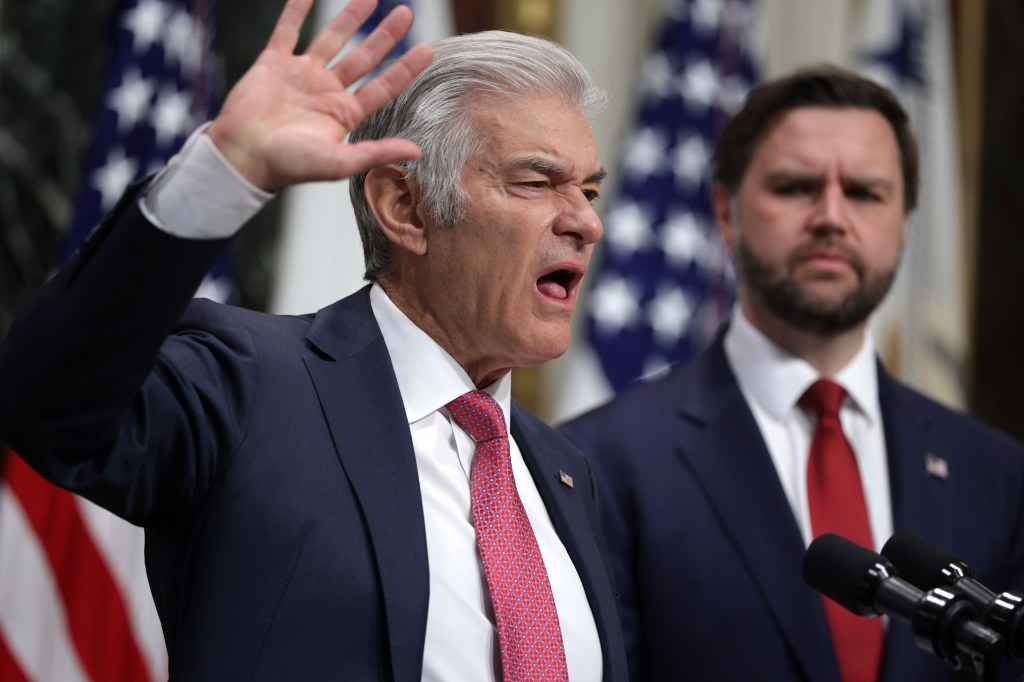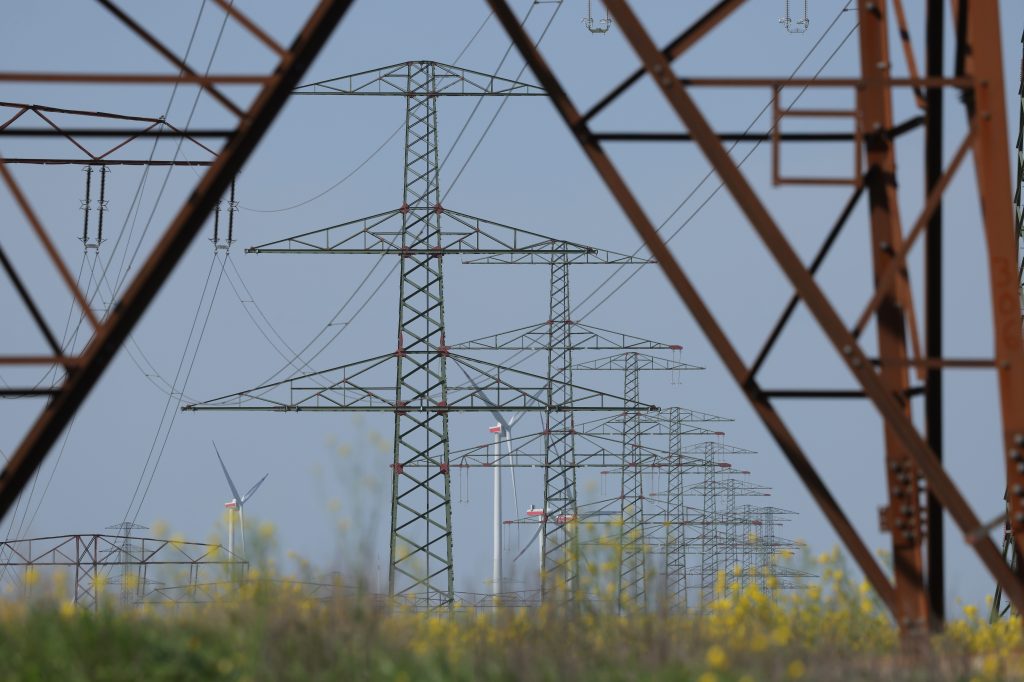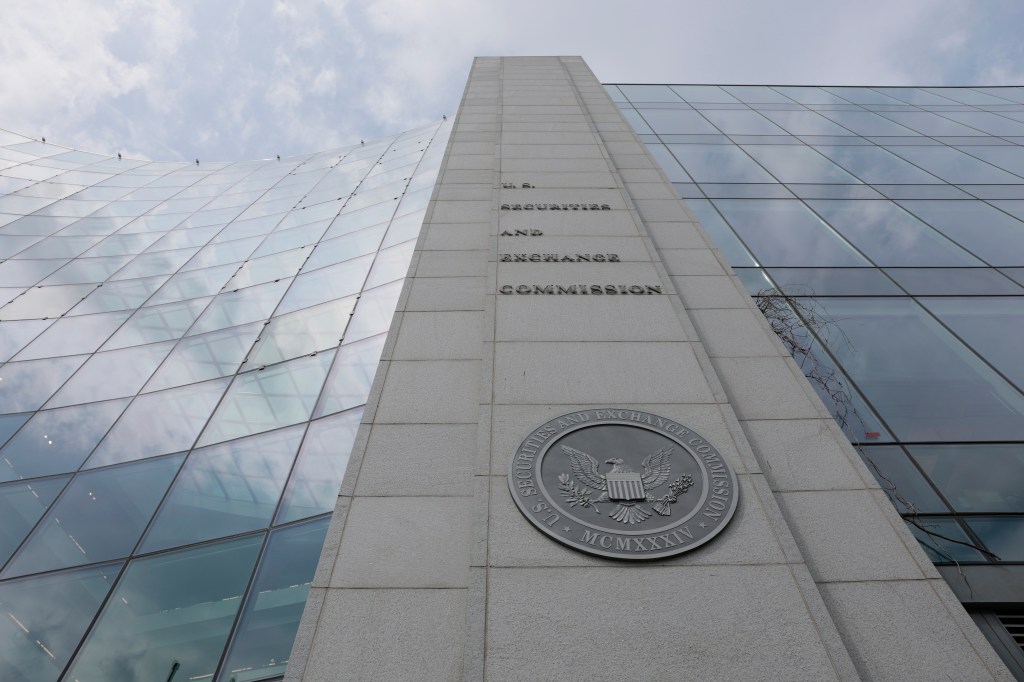US District Judge Loren AliKhan ordered Bank of America to pay the Federal Deposit Insurance Company (FDIC) $540m over charges that it underpaid the agency what it owed for deposit insurance under a 2011 rule that required banks to aggregate closely related counterparty risk. The decision, issued on March 31,
The FDIC
Register for free to keep reading
To continue reading this article and unlock full access to GRIP, register now. You’ll enjoy free access to all content until our subscription service launches in early 2026.
- Unlimited access to industry insights
- Stay on top of key rules and regulatory changes with our Rules Navigator
- Ad-free experience with no distractions
- Regular podcasts from trusted external experts
- Fresh compliance and regulatory content every day













